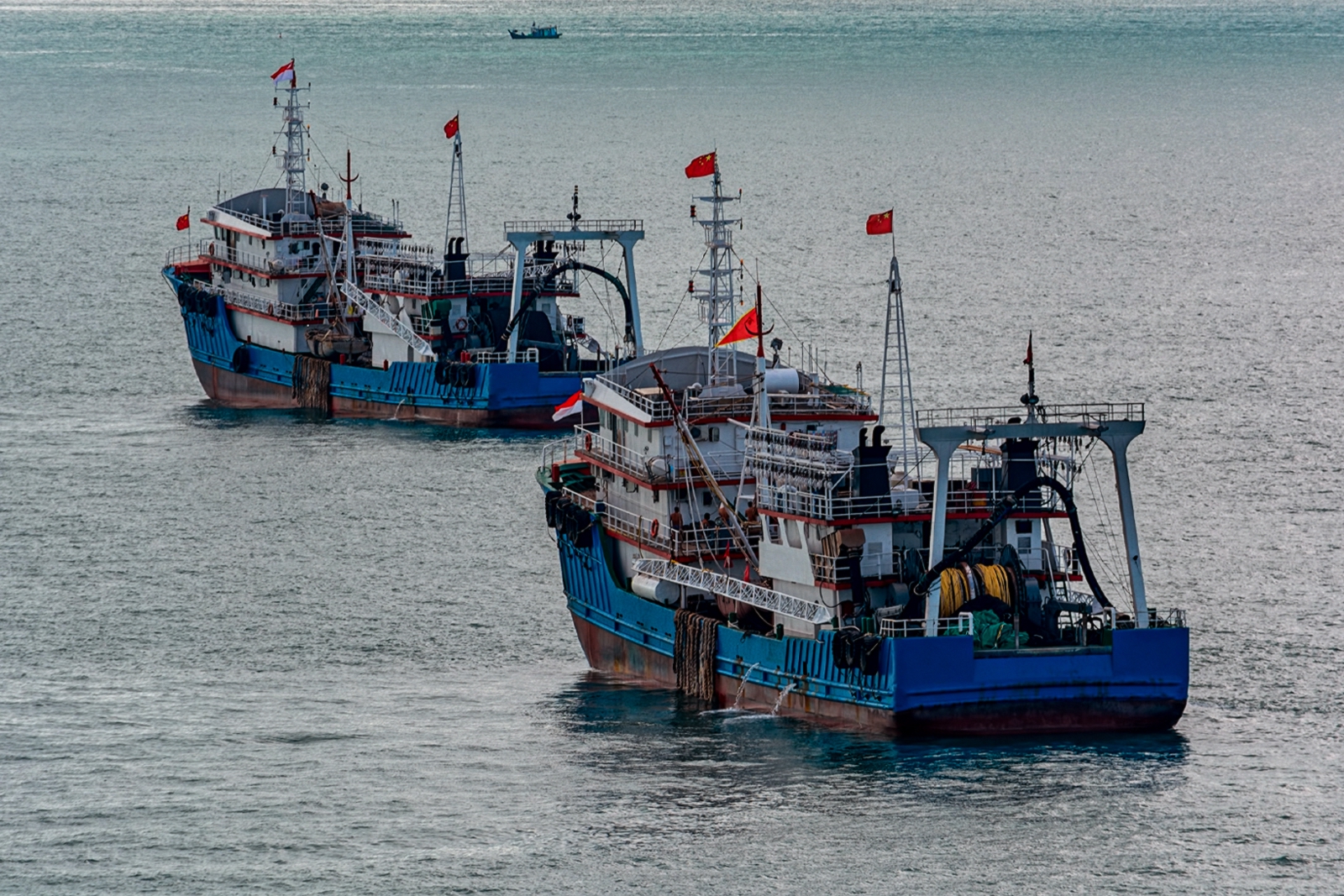
How the U.S. Can Blunt Beijing in the South China Sea
Violence is the new normal in the South China Sea (SCS). Just this month, a Chinese Coast Guard ship opened fire with water cannons and purposefully collided with a Filipino fishing vessel.
These actions are part of a series of aggressive maneuvers throughout the year, with China persistently harassing Filipino vessels—seizing boats, executing ramming attacks, and escalating confrontations with the Philippines, a United States treaty ally. These repeated provocations underscore the rapid deterioration of the situation in the SCS.
The United States has a critical role to play in addressing these tensions. By actively engaging with members of the Association of Southeast Asian Nations (ASEAN), the U.S. can facilitate the creation of a network of bilateral or “minilateral” agreements between ASEAN states. These arrangements would foster cooperation on maritime security, reinforce regional structures, and act as a natural deterrent against China’s aggressive behavior. To this end, the U.S. should leverage its considerable influence and resources to collaborate with the Philippines and other ASEAN nations, constructing a web of “minilateral” maritime security agreements.
Such agreements are urgently needed due to the inadequacy of existing mechanisms to counter Chinese aggression. The ASEAN Code of Conduct for the SCS, the primary framework for managing these tensions, has been under negotiation for over two decades. Its implementation relies heavily on China—the very actor that is exacerbating instability in the region. Moreover, ASEAN’s consensus-based decision-making process has repeatedly stalled progress.
ASEAN nations have demonstrated a collective desire to counter China’s assertiveness despite these challenges. The Philippines has been the most outspoken, particularly considering China’s recent provocations. This resolve is evident in Manila’s efforts to partner with Vietnam to address Chinese actions and its strengthening ties with other SCS claimants. “Minilateral” agreements, focused on shared maritime interests, present an effective pathway forward. With additional incentives from the U.S., this strategy could be implemented swiftly and decisively.
The United States can play a pivotal role in fostering agreement among ASEAN nations. Economic aid, military support, and enhanced diplomatic engagement would strengthen ASEAN’s capacity to respond to maritime security challenges. By offering these incentives, the U.S. can facilitate the formation of a united front—a network of “minilateral” agreements—allowing ASEAN states to collaborate on maritime security and uphold international norms in the region. The convergence of ASEAN’s political will and U.S. support creates an opportunity to implement initiatives that deter further aggression and promote stability in the SCS.
Furthermore, establishing “minilateral” agreements offers practical advantages, particularly in terms of responsiveness. With fewer stakeholders involved, these arrangements enable quicker decision-making and implementation compared to region-wide initiatives. This agility would facilitate rapid coordination in the face of aggression, enhancing immediate response capabilities. Beyond operational efficiency, such agreements would also strengthen relationships among participating nations, fostering a more resilient and secure maritime environment in the SCS.
While China might react aggressively to the establishment of these defensive agreements, its economic interests make it unlikely to escalate tensions to a breaking point. The SCS is a crucial artery for global trade, and disruptions could undermine China’s economic stability—a scenario its leadership is eager to avoid. Additionally, Beijing’s efforts to project soft power in the Global South hinge on maintaining positive diplomatic and economic relationships. Aggressive responses could compromise its long-term strategic goals, including portraying itself as a reliable partner.
Considering China’s continued provocations, the United States must intensify its engagement with ASEAN states to forge a network of “minilateral” agreements focused on maritime security. These agreements can enhance regional cooperation, strengthen defenses against Chinese aggression, and lay the foundation for a united ASEAN front.
By leveraging its influence and resources, the U.S. can empower ASEAN nations to work together more effectively. In a region increasingly threatened by China’s assertiveness, such a collaborative approach is essential to upholding international norms and ensuring peace and stability in the South China Sea.
